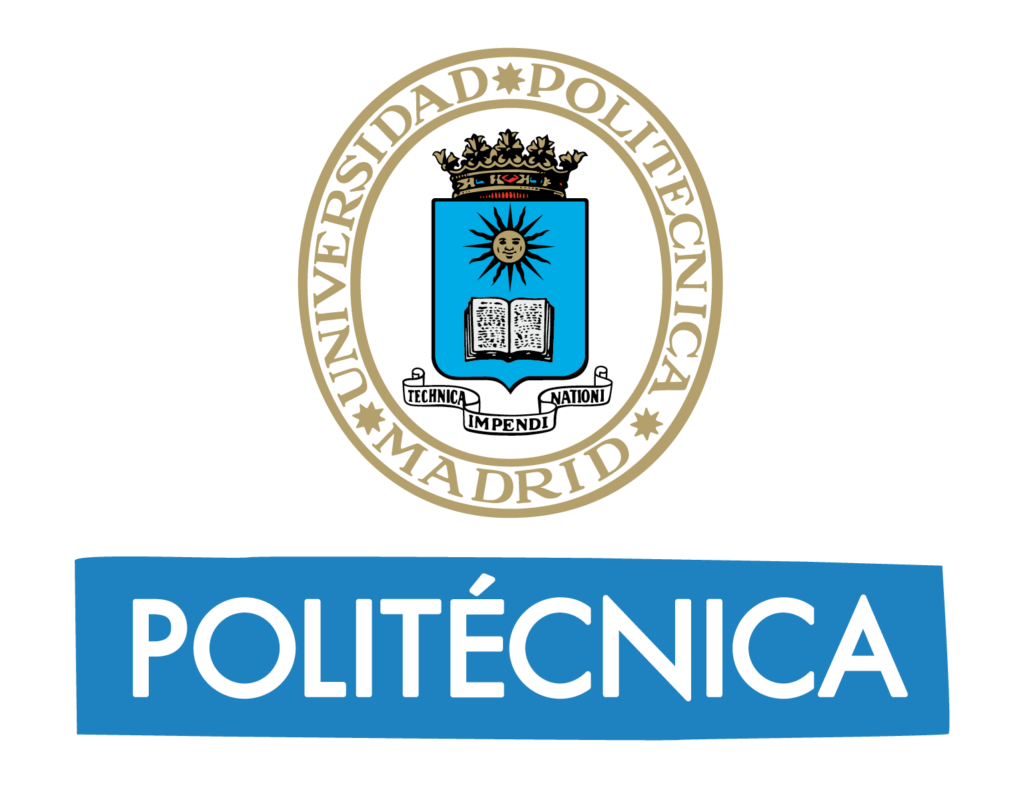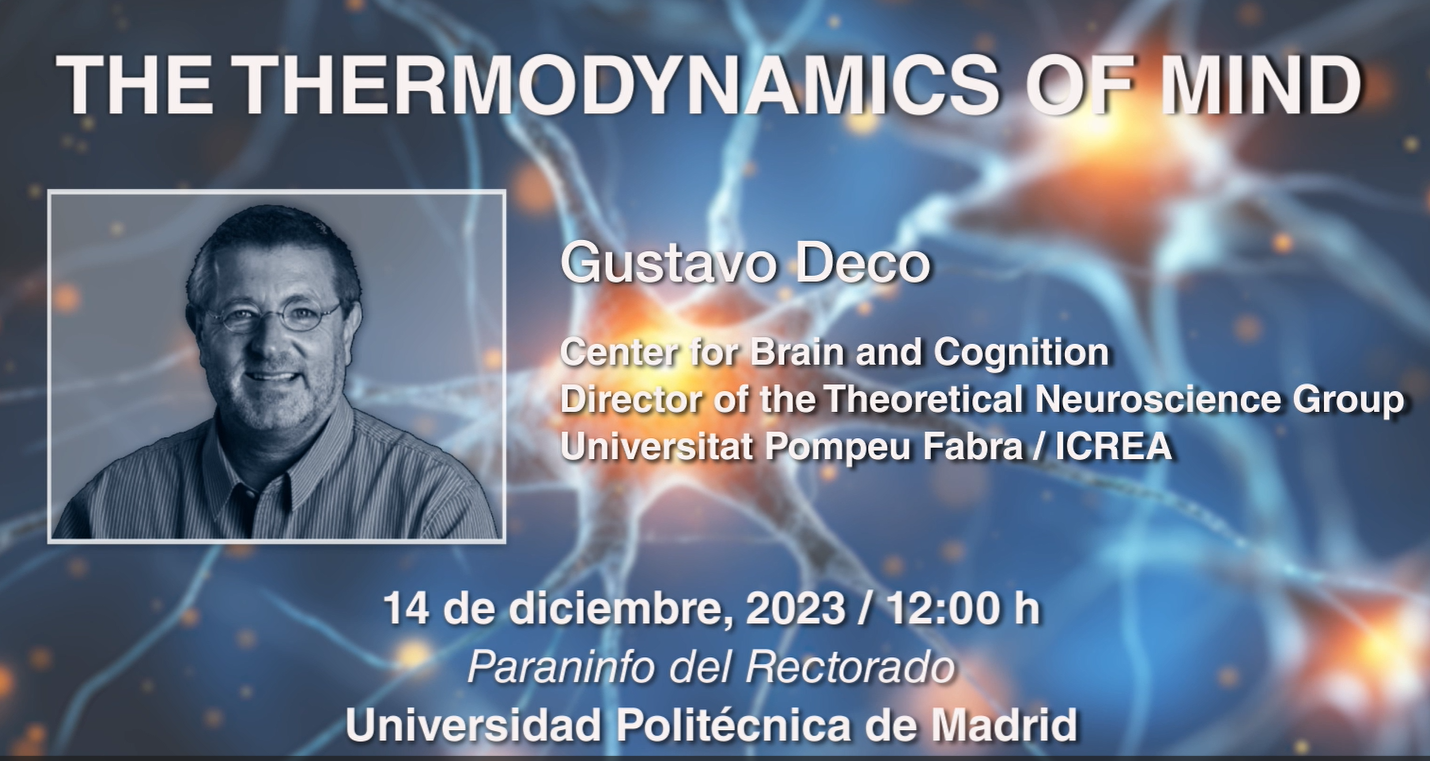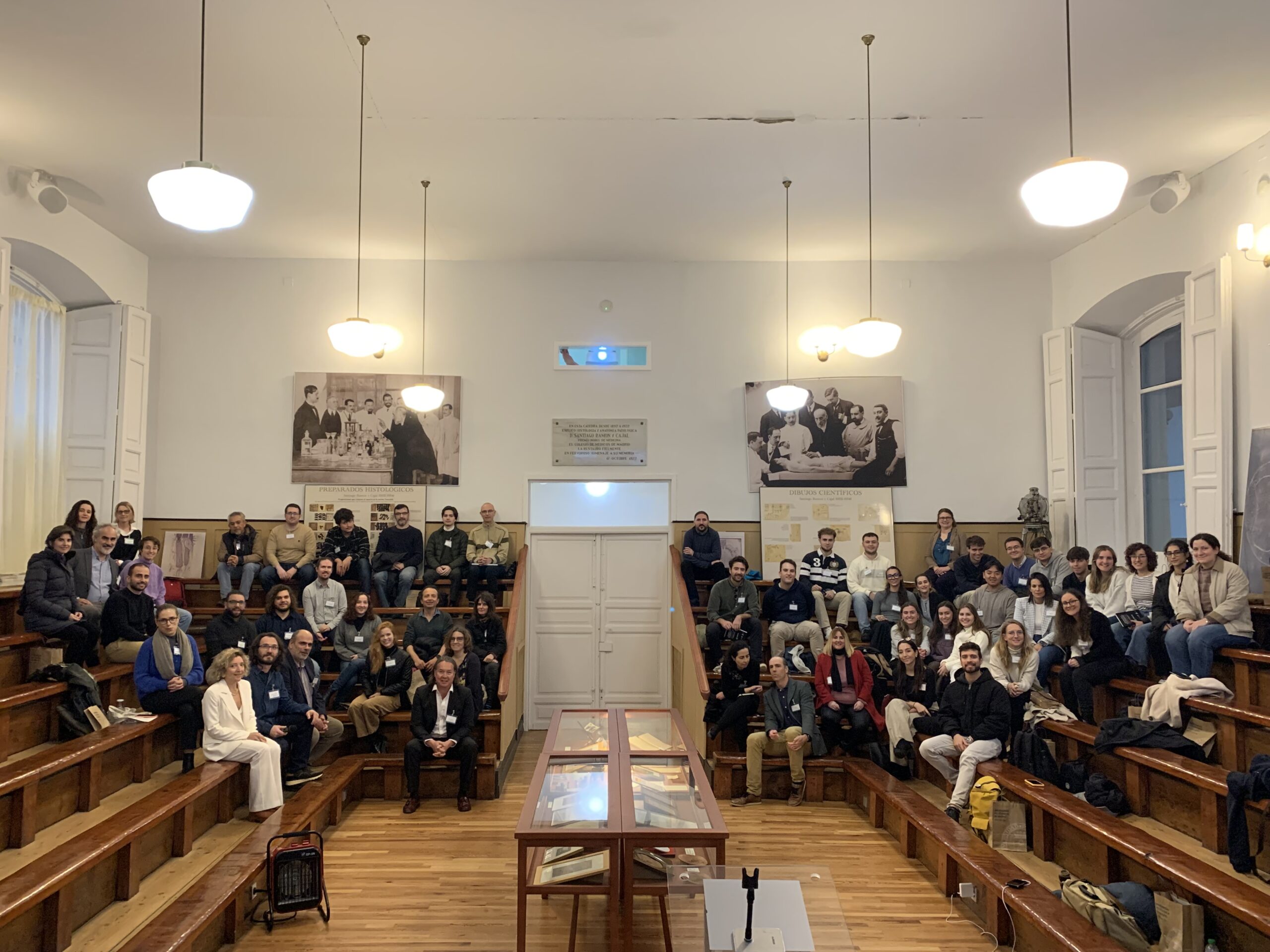Prof. Gustavo Deco (Universitat Pompeu Fabra / ICREA)
Gustavo Deco is Research Professor at ICREA and Professor (Catedrático) at the Pompeu Fabra University where he leads the Computational Neuroscience group. He is Director of the Center of Brain and Cognition (UPF). In 1987 he received his PhD in Physics for his thesis on Relativistic Atomic Collisions. In 1987, he was a postdoc at the University of Bordeaux in France. From 1988 to 1990, he was postdoc of the Alexander von Humboldt Foundation at the University of Giessen in Germany. From 1990 to 2003, he lead the Computational Neuroscience Group at Siemens Corporate Research Center in Munich, Germany. He obtained in 1997 his Habilitation (maximal academical degree in Germany) in Computer Science (Dr. rer. nat. habil.) at the Technical University of Munich for his thesis on Neural Learning. In 2001, he received his PhD in Psychology at the Ludwig-Maximilians-University of Munich. He was awarded an ERC Advanced Grant and recently with a second ERC Synergy.
Research interests
Perceptions, memories, emotions, and everything that makes us human, demand the flexible integration of information represented and computed in a distributed manner. Normal brain functions require the integration of functionally specialized but widely distributed brain areas. The main aim of my research is to elucidate precisely the computational principles underlying higher brain functions and their breakdown in brain diseases. My research allows us to comprehend the mechanisms underlying brain functions by complementing structural and activation based analyses with dynamics. We integrate different levels of experimental investigation in cognitive neuroscience (from the operation of single neurons and neuroanatomy, neurophysiology, neuroimaging and neuropsychology to behaviour) via a unifying theoretical framework that captures the neural dynamics inherent in the computation of cognitive processes.
Selected publications
– Soler-Toscano F, Galadí JA, Escrichs A, Sanz Perl Y, López-González A, Sitt JD, Annen J, Gosseries O, Thibaut A, Panda R, Esteban FJ, Laureys S, Kringelbach ML, Langa JA, Deco G 2022, ‘What lies underneath: Precise classification of brain states using time-dependent topological structure of dynamics’, PLoS Computational Biology, 18(9):e1010412.
– Deco G, Sanz Perl Y, Bocaccio H, Tagliazucchi E & Kringelbach ML 2022, ‘The INSIDEOUT framework provides precise signatures of the balance of intrinsic and extrinsic dynamics in brain states‘, Communications Biology, 5, 1, 572.
– Escrichs A, Perl YS, Uribe C, Camara E, Türker B, Pyatigorskaya N, López-González A, Pallavicini C, Panda R, Annen J, Gosseries O, Laureys S, Naccache L, Sitt JD, Laufs H, Tagliazucchi E, Kringelbach ML & Deco G 2022, ‘Unifying turbulent dynamics framework distinguishes different brain states‘, Communications Biology, 5, 1, 638.
– Ponce-Alvarez A, Uhrig L, Deco N, Signorelli CM, Kringelbach ML, Jarraya B & Deco G 2022, ‘Macroscopic Quantities of Collective Brain Activity during Wakefulness and Anesthesia‘, Cerebral Cortex, 32, 2, 298 – 311.
– Capouskova K, Kringelbach ML & Deco G 2022, ‘Modes of cognition: Evidence from metastable brain dynamics‘, Neuroimage, 260, 119489.
– Luppi AI, Cabral J, Cofre R, Destexhe A, Deco G & Kringelbach ML, 2022, ‘Dynamical models to evaluate structure-function relationships in network neuroscience‘, Nature Review Neuroscience, 23(12):767-768.
– Sanz Perl Y, Escrichs A, Tagliazucchi E, Kringelbach ML, Deco G, 2022, ‘Strength-dependent perturbation of whole-brain model working in different regimes reveals the role of fluctuations in brain dynamics‘, PLoS Computational Biology, 18(11):e1010662.
– Demertzi A, Kucyi A, Ponce-Alvarez A, Keliris GA, Whitfield-Gabrieli S & Deco G 2022, ‘Functional network antagonism and consciousness‘, Network Neuroscience, 6, 4, 998 – 1009.






